Spain, Ireland, and Norway Recognize Palestine as Sovereign State: A Shift in International Stance on Israeli-Palestinian Conflict
In a significant move, Spain and Ireland have announced their recognition of Palestine as a sovereign state. This development comes after Norway's recent announcement of the same, further escalating the international community's stance on the Israeli-Palestinian conflict. The Spanish Prime Minister, Pedro Sánchez, and the Irish Prime Minister, Micheál Martin, made the announcement on the same day. The Spanish government expressed its support for a two-state solution, with Israel and Palestine coexisting peacefully and securely. The Irish government, too, voiced its commitment to a two-state solution, emphasizing the need for a "viable and independent" Palestinian state.
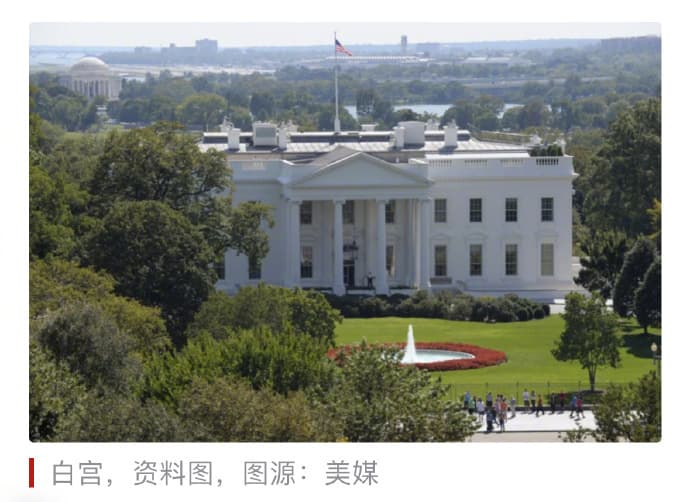
23 May 2024
The White House, however, has expressed its disagreement with the European nations' unilateral recognition of Palestine. According to John Kirby, the spokesperson for the U.S. National Security Council, the Biden administration supports the two-state solution but believes it should be achieved through direct negotiations between Israel and Palestine, rather than through unilateral recognitions.
This disagreement has led to tension between the U.S. and the European nations. Israel, a key U.S. ally in the region, has reacted strongly to the recognitions. The Israeli Foreign Minister, Yair Lapid, has recalled Israel's ambassadors to Spain and Ireland in protest. Additionally, Israel has also recalled its ambassador to Norway, who had made a similar announcement earlier.
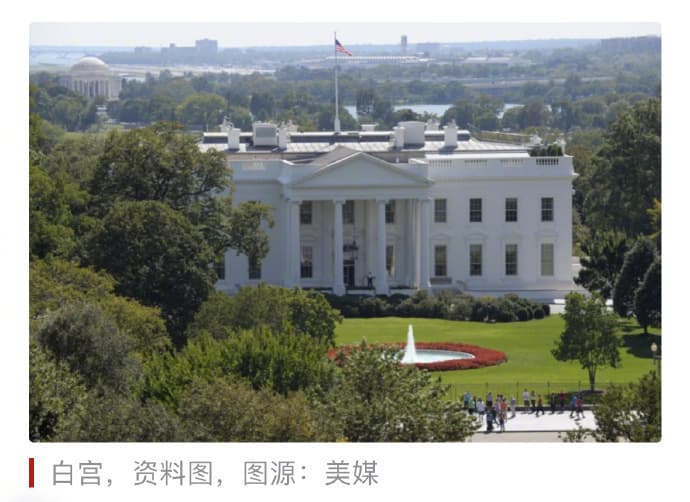
The Palestinian side, however, has welcomed these recognitions. The Palestinian Foreign Ministry issued a statement expressing its gratitude to Spain, Ireland, and Norway for their recognitions. The ministry added that these recognitions are a step towards justice and peace in the region.
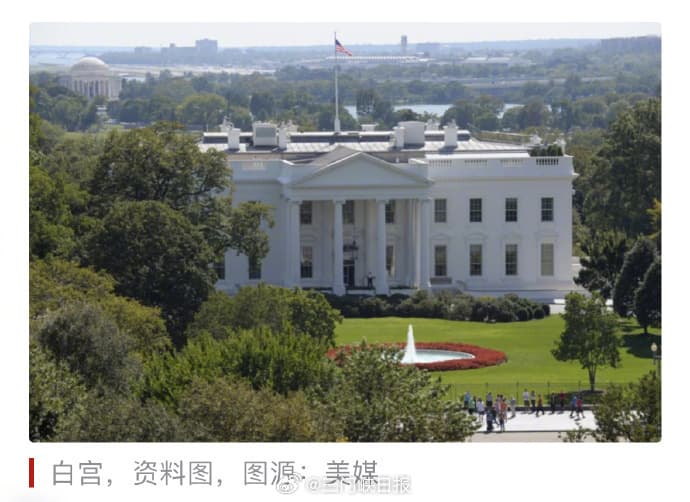
The Israeli-Palestinian conflict has been a long-standing issue in international relations. The recognition of Palestine as a sovereign state by these European nations is a significant development, reflecting the international community's growing frustration with the lack of progress in the peace process.
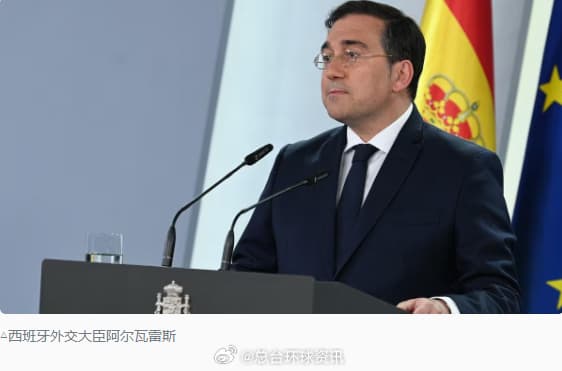
In other news, Spain has also been in the headlines for its diplomatic tussle with Argentina. The Spanish government has permanently withdrawn its ambassador from Argentina following a dispute over comments made by Argentine President Alberto Fernández about Spanish Prime Minister Pedro Sánchez's wife.
The tension between the two countries escalated when Fernández, during a visit to Spain, referred to Sánchez's wife as "corrupt" at a right-wing rally. The Spanish government, in response, recalled its ambassador from Argentina for consultations. However, after Fernández refused to apologize for his comments, Spain decided to permanently withdraw its ambassador.
The development marked a significant escalation in diplomatic tensions between the two countries, which share a long history of political and cultural ties. Argentina, for its part, has also reacted strongly to the move, with Fernández accusing Spain of interfering in Argentina's internal affairs.
In conclusion, the international community's stance on the Israeli-Palestinian conflict has taken a significant turn with Spain, Ireland, and Norway's recognition of Palestine as a sovereign state. Meanwhile, Spain's diplomatic tussle with Argentina has added another layer to the complex world of international relations. These developments serve as a reminder of the intricate and often tense nature of international politics. As nations navigate the delicate balance of power and influence, conflicts and disagreements are bound to arise.
However, it is through constructive dialogue and diplomacy that these issues can be resolved, paving the way for a more peaceful and stable world.
Share this article
Related Articles

Xi Jinping Elevates Cybersecurity to Core National‑Security Pillar, Driving China’s Quest for a Cyber Superpower
By Trending on Weibo
News & Politics
15 Sept 2025
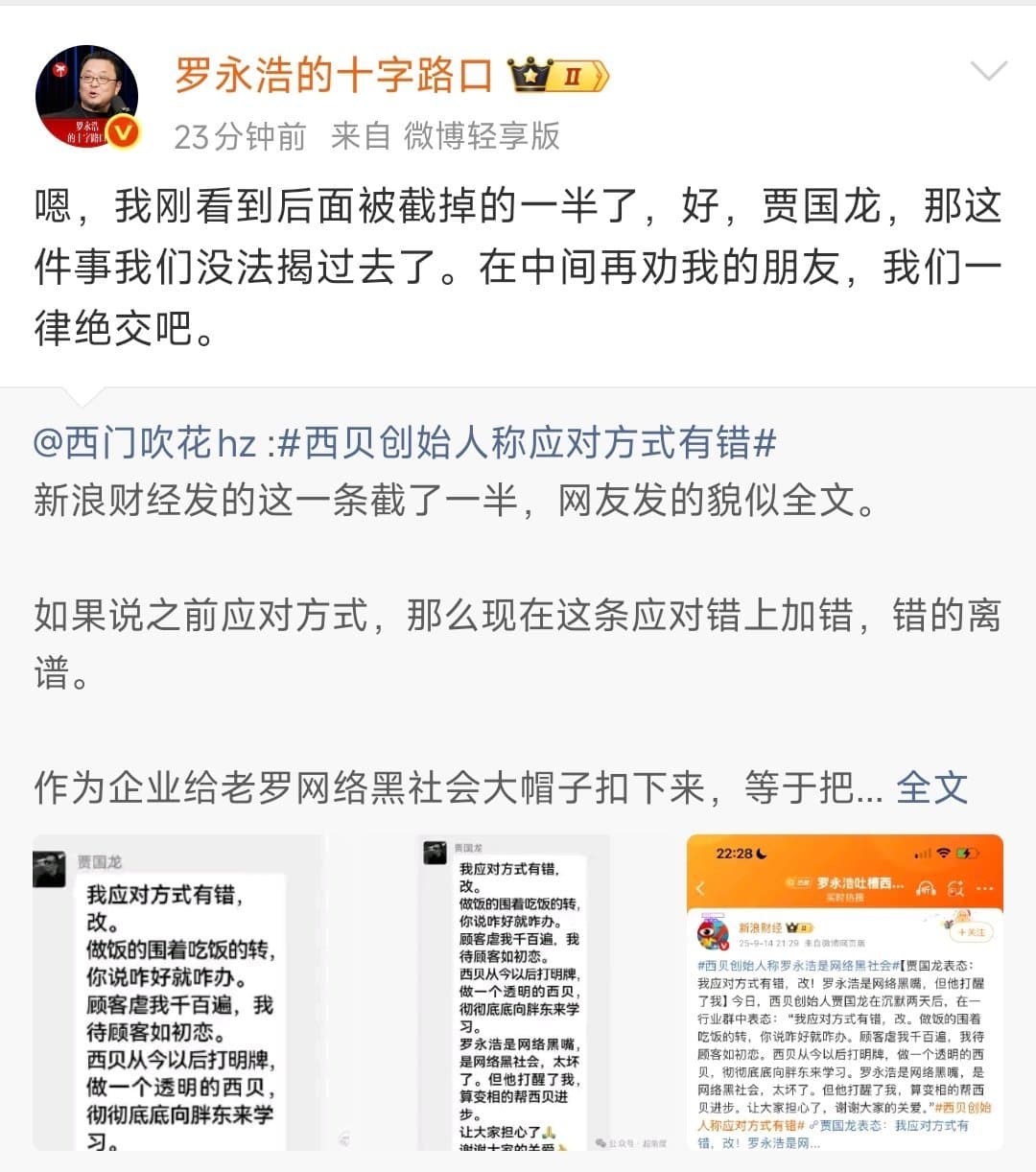
Luo Yonghao vs. Xibei: Celebrity Entrepreneur Sparks Media Storm Over Pre‑Made Dishes and Calls for Transparency
By Trending on Weibo
News & Politics
15 Sept 2025

Weibo Celebrates Autumn Harvest as China’s Fields Become the Nation’s Most Beautiful Canvas
By Trending on Weibo
News & Politics
15 Sept 2025
China Enacts First Comprehensive Rental Regulations to Legalize and Stabilize the Rental Market
By Trending on Weibo
News & Politics
15 Sept 2025
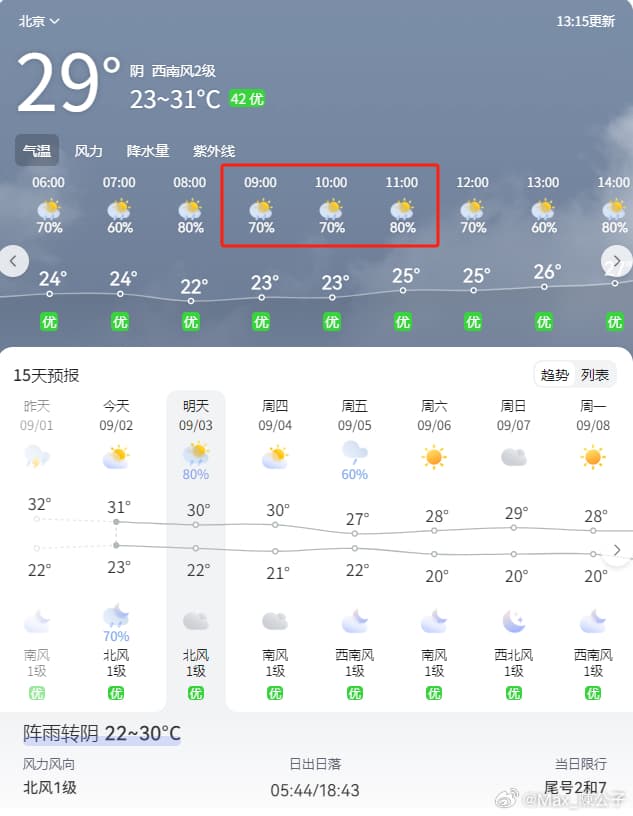
Beijing’s Weather Emerges as a Barometer for China’s Climate Policies and Public Life
By Trending on Weibo
News & Politics
13 Sept 2025